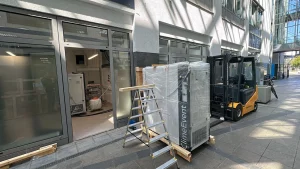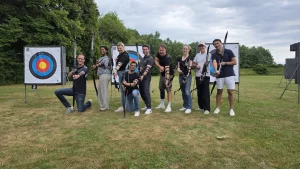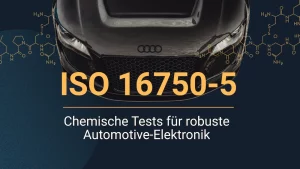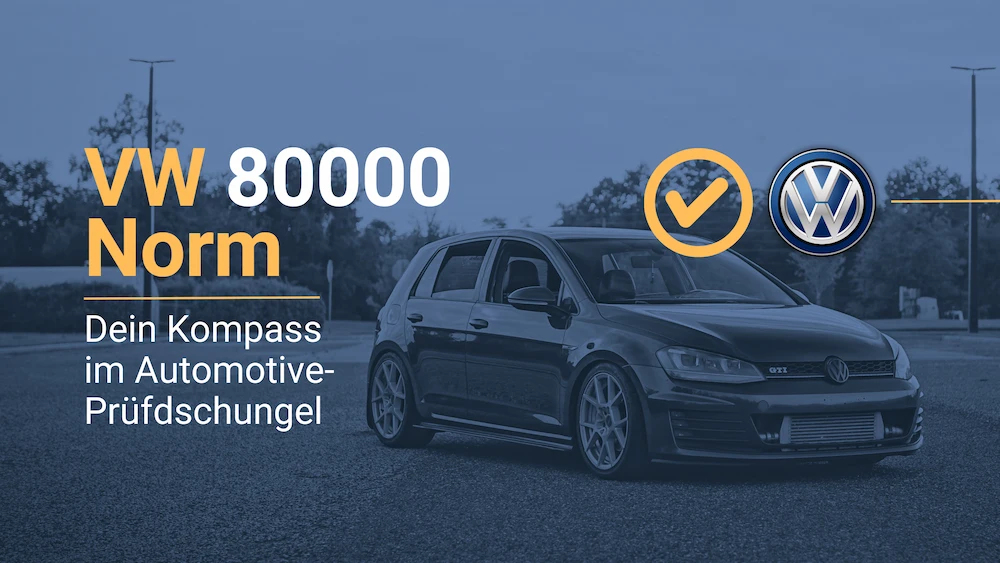VW 80000: More than just a combination of numbers
At first glance, it sounds unspectacular: VW 80000. But behind this combination of numbers and letters lies much more than just a dry testing standard. In fact, this collection of standards is your reliable companion in the jungle of automotive tests – a true compass when it comes to quality, safety, and long-term stability of vehicle components.
At enveon, our ISO 17025 laboratory for environmental simulation, we encounter dozens of such standards daily. But to be honest: VW 80000 comes up surprisingly often with our customers and engineers – and for good reason!
What does the VW 80000 standard actually cover?
VW 80000 is practically the bible for vehicle tests at VW and their suppliers. It defines detailed technical requirements, testing methods, and limit values. Sounds complicated? Well, sometimes it is. But once you get used to it, you’ll find a clear logic and structure within.
The most important tests include, among others:
-
Vibration tests: No component should throw in the towel at the first pothole.
-
Climate and temperature tests: Hot, cold, wet, or dry – components must master all of it confidently.
-
Mechanical stress: So you don’t have to worry when things get rough.
-
Corrosion tests: Rust? No, thank you! Parts should perform brilliantly even after years.
-
Electrical tests and EMC tests: No one wants to experience malfunctions due to electromagnetic interference.
In short: VW 80000 ensures that components withstand the real stresses of the vehicle world and reliably do their job.
Your project and VW 80000: From concept to series production
Whether you’re a developer, test engineer, or quality manager – sooner or later, VW 80000 will come your way. It gets particularly exciting in critical project phases, such as at the start of series production or during a short-term delivery problem. This is where the true value of accurate, standard-compliant test documentation becomes evident.
We all know them: The calls when suddenly nothing works anymore. SOP delays, production stops, or even recalls are real mood killers in the automotive sector. Exactly in these moments, enveon scores as an ISO 17025 laboratory that stands by your side pragmatically and solution-oriented, even in crisis situations.
Why should your laboratory be ISO 17025 accredited?
ISO 17025 stands for reliability, reproducibility, and also recognition of test results. Therefore, many manufacturers explicitly require that environmental simulation and validation tests be conducted collectively in accredited laboratories. An accredited laboratory like enveon gives you the assurance that your product meets all requirements according to VW 80000 and that the results withstand manufacturer audits.
Practical examples?! Of course!
A control unit developed for use in Europe and North America must effortlessly handle temperatures from -40 °C to +85 °C. enveon accompanies you from prototype to series release. We simulate frosty nights in Sweden just as reliably as hot summers in the Texan desert. Your component leaves our laboratory only when it’s truly robust enough – promised!
Conclusion: VW 80000 – your reliable pathfinder
So the next time you’re faced with the familiar VW 80000, take a moment to look behind it. Because this standard is your faithful companion on the journey to a robust, high-quality automotive product that fulfills all requirements and avoids costly surprises.
Are you ready to navigate together through this standards jungle? Have you already had experiences with VW 80000 that you would like to share with us? Write to us or contact us directly via enveon – we look forward to hearing from you and your project!



